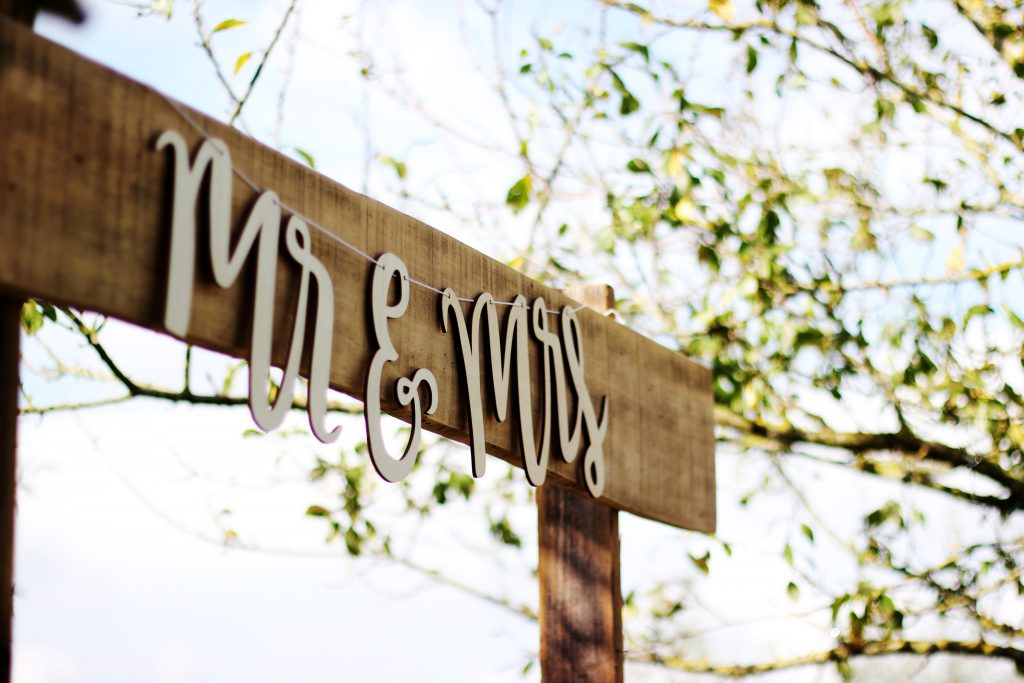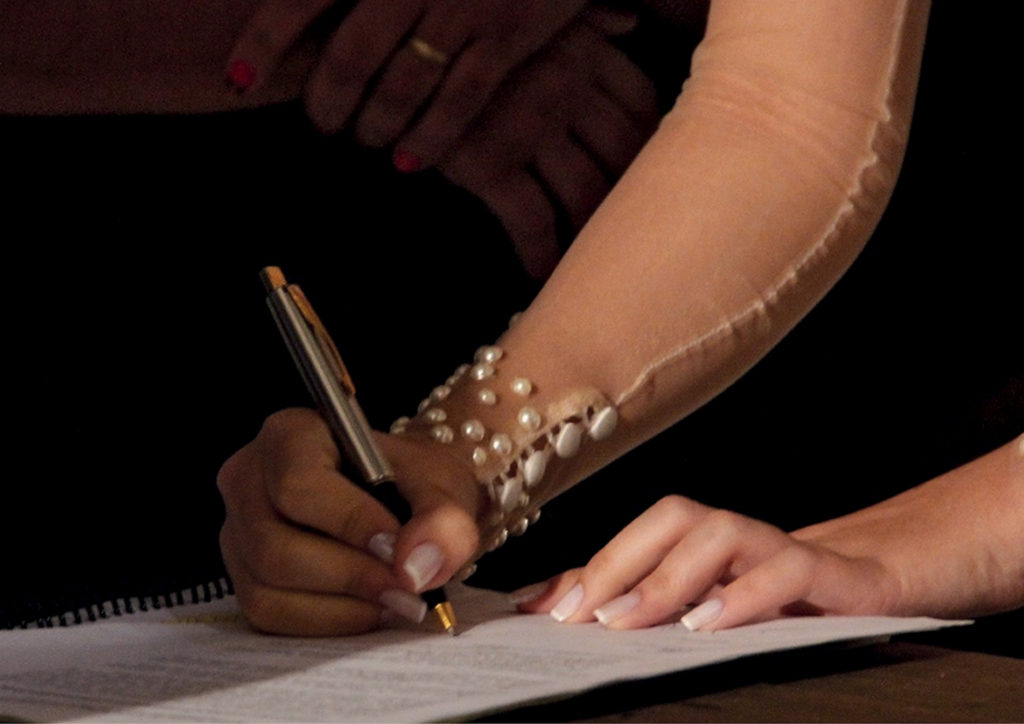Polygamy is the practice of being wed to more than one spouse. According to Merriam-Webster polygamy is defined as “marriage in which a spouse of either sex may have more than one mate at the same time”. It is legal in South Africa under certain circumstances. Many African traditions allow polygamy as it is normal for a man to have more than one wife.
Before 1998
According to section 11(3) of the Repeal of the Black Administration Act (BAA) and the Natal Code of Zulu Law of 1985, women in customary marriages were seen as less than their husbands and held a lower status. They were regarded as a minor. This act meant that women in these marriages could not own property and acquire credit.
There were attempts to fix this. Section 11A was implemented. It removed the property and credit issue but did not change their legal status. Changes were then made to consider women over the age of 21 as legal majorities. This however did not work because Section 27(3) of the Natal Code (1985) still stated that a husband had control of his wife or wives.
Recognition of Customary Marriages Act 120 of 1998 (RCMA) made these unions legal including polygamous marriages. This law was instated in order to improve a womans position in a customary marriage. It was here that it was first stated that a woman shall be equal to her husband.
Our law now
South African law states that in order for a polygamous marriage to be legal both partners need to be over the age of 18, they must consent to the union under customary law, that law must be followed, negotiated and celebrated. This was instated in Act No. 120 of 1998.
A customary marriage must be registered. This is very important especially with polygamous marriages. If you wed a man in a traditional ceremony, you may consider yourselves as married. If your husband weds again and that marriage is registered at Home Affairs, the registered marriage parties are entitled to everything because it’s on record.
If the marriage is not registered and the husband dies there is a chance that she will be left with nothing. The husband’s family can claim everything and explain that the wife or wives will not get anything because there is no legal obligation.
It’s a man’s world
South Africa does not recognise polyandry which is the practice of a woman having more than one husband. This is because polygamy is legal under certain circumstance in South Africa. The circumstances being practices of various cultures and religions in South Africa. Unfortunately there are no religions or cultures that recognise a woman having multiple husbands. So if there’s no recognition it doesn’t fall under ‘certain circumstances’, therefore only men are legally allowed to be polygamists in South Africa.
Picture: Pexels





